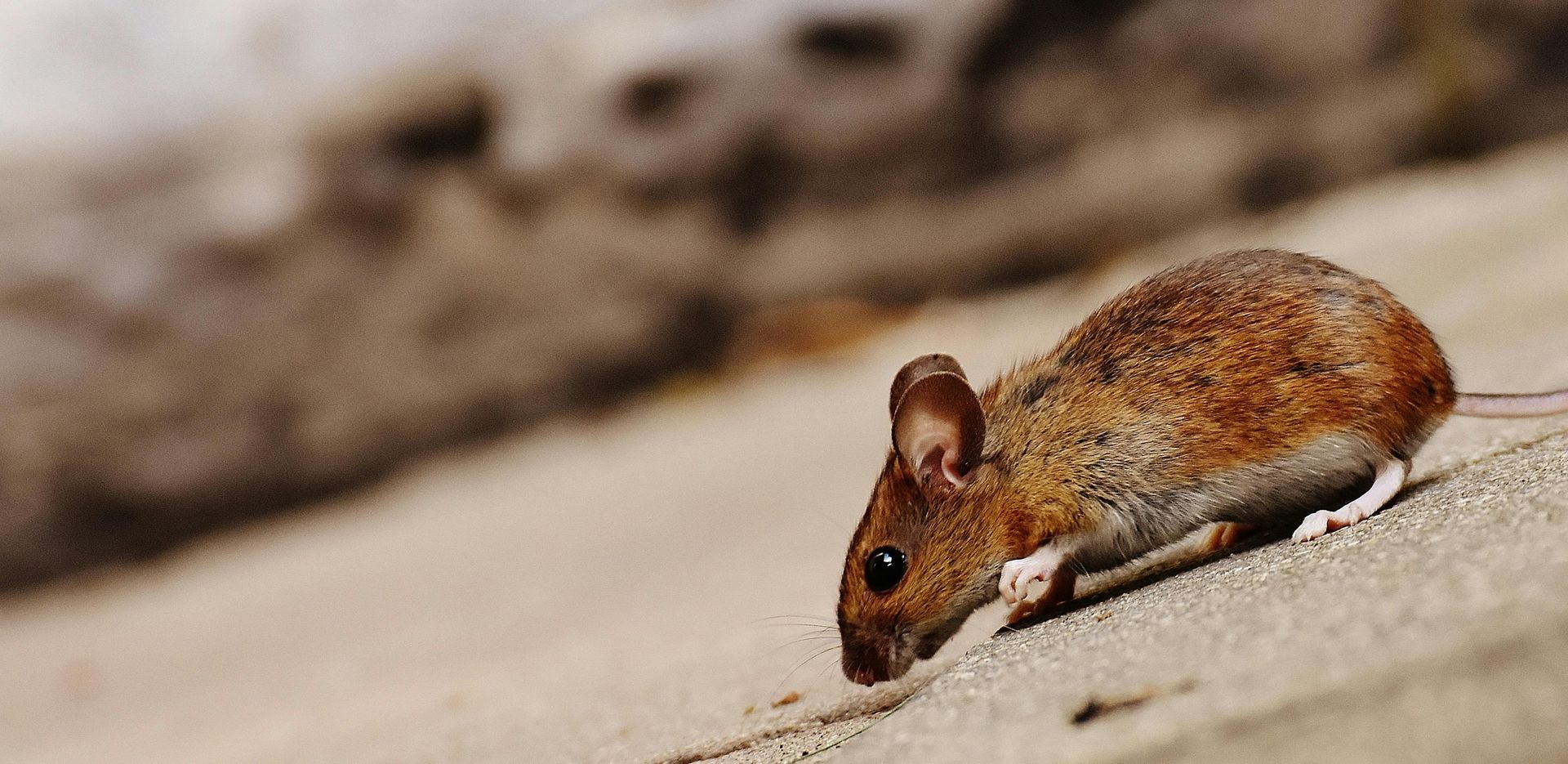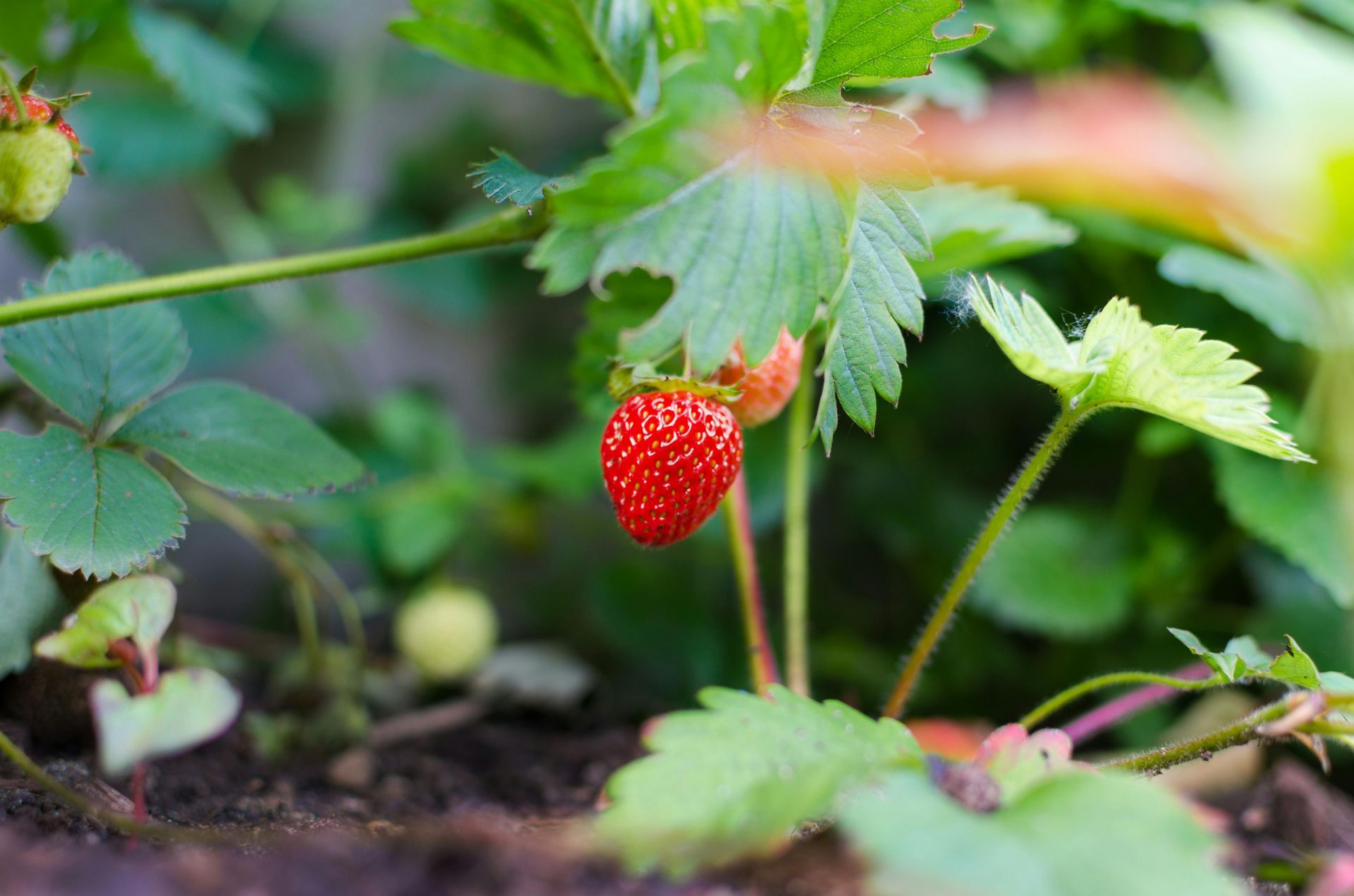Eco-Friendly Holiday Pest Control Tips for Nevada Homes
When the holidays roll around, Nevada homes often become a hub of warmth and festivity. Unwelcome guests like pests can put a damper on the celebrations. These simple yet effective eco-friendly pest control tips to keep their homes free from unwanted intruders during the holiday season. By implementing these environmentally conscious strategies, residents can enjoy a pest-free home while minimizing their impact on the ecosystem. From sealing entry points to using natural deterrents, these tips will help ensure a joyful and pest-free holiday for Nevada homeowners and their families.
Understanding the Increased Risk During Holidays
The holiday season is synonymous with joy, celebration, and family gatherings. It also brings an increased risk of pest infestations, often going unnoticed amongst the festivities. The merge of cold outdoor temperatures and the warmth of a bustling home creates a perfect storm for pests seeking refuge. In Nevada, where winter can vary dramatically, residents must be extra vigilant.
Common pests in Nevada that find their way indoors during the colder months include rodents, spiders, and cockroaches. These pests are not just a nuisance but can pose significant health risks by spreading pathogens. Rodents, in particular, are known for their destructive behavior, gnawing on electrical wires and timber, increasing the risk of fire and structural damage.
The hustle and bustle of the holiday season often lead to overlooked vulnerabilities in pest management. Increased cooking and baking mean more food scraps and uncovered treats that can attract pests. Similarly, holiday decorations taken down from storage or brought in from outside can introduce pests into your home. The significant correlation between holiday activities and increased pest activity is primarily due to these factors. Households in Nevada, bustling with activity, warmth, and abundance of food, offer the perfect environment for pests seeking shelter and sustenance.
The practice of gifting and receiving packages can unknowingly invite pests indoors. Boxes stored in infested warehouses or transport vehicles can harbor pests, which then make their way into your home once the packages are opened. As families in Nevada gather to share gifts and meals, it’s vital to remain aware of these potential risks.
Understanding these dynamics is crucial for Nevada residents aiming to keep their homes pest-free during the holiday season. Being mindful of the increased risks can help in taking proactive steps to prevent infestations. Keeping an eye out for the common pests that thrive in Nevada's winter, along with considering how holiday activities might attract these unwanted guests, is fundamental to maintaining a festive and pest-free home.
Storage Practices to Deter Pests
Maintaining a pest-free home during the holidays starts with proper storage techniques. Food, being a primary attractant for pests, demands cautious handling and storage. Ensure that all food items, especially sweets and baking ingredients, are stored in airtight containers and kept away from the countertop edges where pests can easily access them. Similarly, pet food should be kept in sealed containers and not left out overnight.
When it comes to holiday decorations, the key to avoiding pest harborage areas lies in the choice of storage solutions. Opt for durable, sealable plastic containers instead of cardboard boxes, which can easily become a cozy home for pests like rodents and cockroaches. Inspect all decorations before storing them away post-holiday, ensuring they are clean and free of any pests that might have hitched a ride inside.
The importance of decluttering and thorough cleaning after the holiday festivities cannot be overstated. Pests thrive in cluttered environments where they can hide undetected. By removing clutter and cleaning up food crumbs and spills promptly, you significantly reduce the risk of pest infestations.
Eco-Friendly Pest Management Tips
Opting for eco-friendly pest management methods is beneficial not only for your health but also for the environment. These methods minimize the use of harsh chemicals, focusing instead on natural deterrents and preventive measures. For instance, essential oils such as peppermint oil can be effective against spiders and mice, while diatomaceous earth is a non-toxic powder that dehydrates and kills insects.
DIY solutions can play a significant role in your pest control strategy, provided they are used with awareness of their ingredients and potential effects. It’s essential to research and verify the safety of any homemade pest control measure, particularly if you have pets or small children.
There comes a point where a professional's help might be necessary, especially if an infestation has gotten out of hand. Opting for eco-friendly service providers ensures that the methods used for pest elimination are safe, sustainable, and effective. Many professionals offer green pest control solutions designed to be minimally invasive and environmentally friendly, providing peace of mind to environmentally conscious homeowners.
Together, effective storage practices and the use of eco-friendly pest management techniques set the foundation for a pest-free home during the holiday season and beyond. Being proactive and vigilant can help you enjoy the festivities without unwelcome guests.
Special Considerations for Nevada Residents
Nevada's diverse climate presents unique challenges to homeowners striving to keep their homes pest-free during the winter months. The relatively mild winters in southern Nevada contrast sharply with the harsh, snowy conditions in the northern part of the state, demanding tailored pest management strategies. For instance, while homeowners in Las Vegas might warily watch for pests like scorpions seeking warmth, those in Reno might be more concerned with rodents seeking shelter from the snow.
Adopting eco-friendly strategies becomes crucial in such a varied landscape. Natural repellents, like cedarwood for moths in stored decorations or clove oil for ants in the kitchen, can provide effective, localized solutions. Ensuring that your home is sealed from potential entry points, such as cracks or holes in the exterior, can prevent many unwanted guests without the need for harsh chemical interventions.
Anticipating and Addressing Post-Holiday Challenges
Post-holiday challenges often involve addressing the vulnerabilities exposed during the festive season. Holiday decorations, particularly those involving natural materials like wreaths or garlands, can harbor insects or pests if not properly inspected before storage. It's advisable to thoroughly clean and dry such decorations, and where possible, store them in well-sealed containers to prevent attracting pests while in storage.
Regular pest inspections become even more crucial after the holiday season. Hidden pests can rapidly become a full-blown infestation if not caught early. Nevada residents should be particularly vigilant for signs of pests like termites or carpenter ants, which can cause significant structural damage if left unchecked. Areas of the home that were busy or cluttered during the holidays, and thus less accessible for cleaning or inspections, should be given particular attention once the decorations come down.
Looking beyond the immediate aftermath of the holiday season, planning for year-long pest management ensures a more peaceful living environment. This involves not just reactive measures to visible infestations but adopting a holistic approach that includes preventative strategies. By sealing potential entry points, maintaining a clean and clutter-free home environment, and employing eco-friendly deterrents, homeowners
can significantly reduce the likelihood of pest problems.
The holiday season in Nevada, with its joy and beauty, should not be marred by the stress of unwanted pests. By understanding the specific challenges posed by Nevada’s weather, employing strategic storage and cleaning practices, and embracing eco-friendly pest management solutions, residents can ensure their homes remain festive and pest-free both during the holiday season and beyond.
Ready to keep your Nevada home pest-free this holiday season while staying environmentally conscious?
Contact Natura Pest Control today to learn more about our sustainable pest control options and safeguard your home against unwanted guests.




